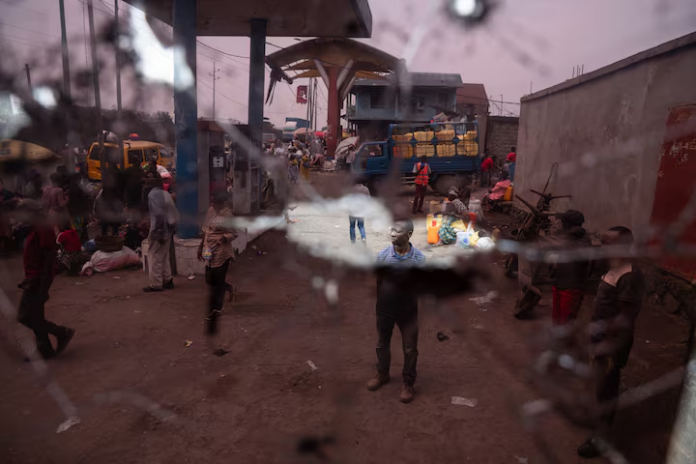Geneva: The ongoing conflict in eastern Democratic Republic of Congo (DRC) could escalate further, bringing even greater suffering, UN human rights chief Volker Turk warned on Friday. Speaking at an emergency session of the UN Human Rights Council, Turk raised alarm over increasing human rights violations, including sexual violence, as Rwandan-backed M23 rebels continue their territorial advances.
Escalating Humanitarian Crisis
“If nothing is done, the worst may be yet to come, for the people of the eastern DRC, but also beyond the country’s borders,” Turk told diplomats and human rights organizations gathered in Geneva. “All those with influence must act urgently to put an end to this tragic situation.”
Turk highlighted multiple reports of rape, gang rape, and sexual slavery in the conflict zone, warning that such abuses are likely to increase under the current conditions.
Speaking at a UN emergency meeting, human rights chief Volker Turk said he was deeply disturbed by the escalation in east Congo. Read more: https://t.co/1GXgyb6EkG pic.twitter.com/51rXgbmXTC
— Reuters (@Reuters) February 8, 2025
Rwanda Rejects Allegations
Rwanda’s representative at the session dismissed accusations of involvement, asserting that Kigali has evidence of an imminent large-scale attack from Congo. Despite Rwanda’s denial, dozens of nations, including several African states, condemned the ongoing rights violations and called for urgent action.
Also Read | Sweden Moves to Ban Certain Weapons After School Attack
UN Investigation Approved
Congo formally submitted a motion to establish a UN Fact-Finding Mission to investigate rights abuses in eastern Congo, with a final report expected by September 2025. The motion was adopted by consensus on Friday, with Rwanda standing as the sole dissenter, according to an internal UN document reviewed by Reuters.
Also Read | Zelenskiy Proposes Mineral Deal to Trump in Exchange for Security Guarantees
While the Human Rights Council lacks legally binding authority, its resolutions carry significant political influence. Investigations mandated by the council have, in some cases, led to war crimes prosecutions in international courts.



